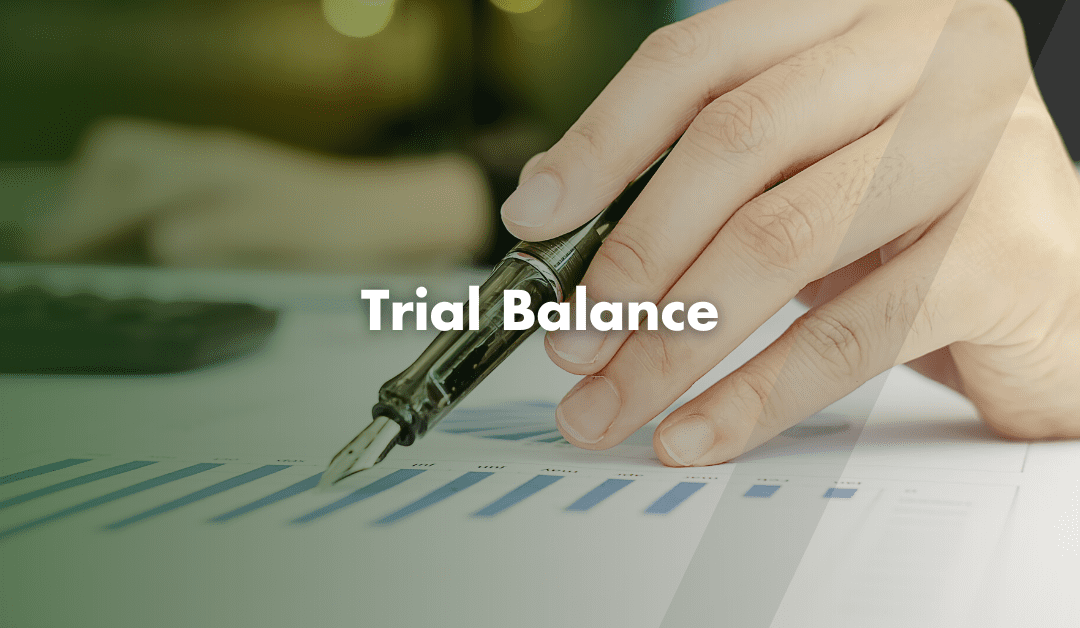What is a Trial Balance?
A Trial Balance summarises all the debit and credit balances in a company’s accounting system. Typically prepared at the end of an accounting period, such as a month or a year, it is a key step in the accounting cycle.
This process helps to ensure that financial statements like the Balance Sheet and Income Statement are accurate and complete. Moreover, accountants use this tool to ensure that total debits equal total credits, helping to confirm the accuracy of the financial records.
How to Prepare a Trial Balance
To prepare a Trial Balance, an accountant gathers all the account balances from the General Ledger. The accountant then lists these balances in two columns: the debit column and the credit column. Finally, the accountant places each account’s balance in the corresponding column, with debits on the left and credits on the right.
The accountant aims to ensure that the total of the debit column equals the total of the credit column, indicating balanced books for the company.
Detecting Errors
If the totals in the debit and credit columns do not match, it signals an error in the accounting records. The accountant must then investigate to find and correct the mistake. Common causes of errors include mistyped numbers, incorrectly recorded transactions, and posting transactions to the wrong accounts.
Importance of a Trial Balance
A Trial Balance is essential for maintaining the accuracy and completeness of a company’s accounting records. It helps identify errors and ensures that financial statements are reliable and useful for decision-making. Consequently, by catching discrepancies early, businesses can avoid larger issues down the line.
Contact Us
We are not just accountants; we are Chartered Accountants with one of the most reputable and premium accounting bodies. We are registered and regulated by ACCA; so you can rest assured that you are in good hands. Knowing this, don’t hesitate to get in touch with us if you require assistance: Pi Accountancy | Contact Us

